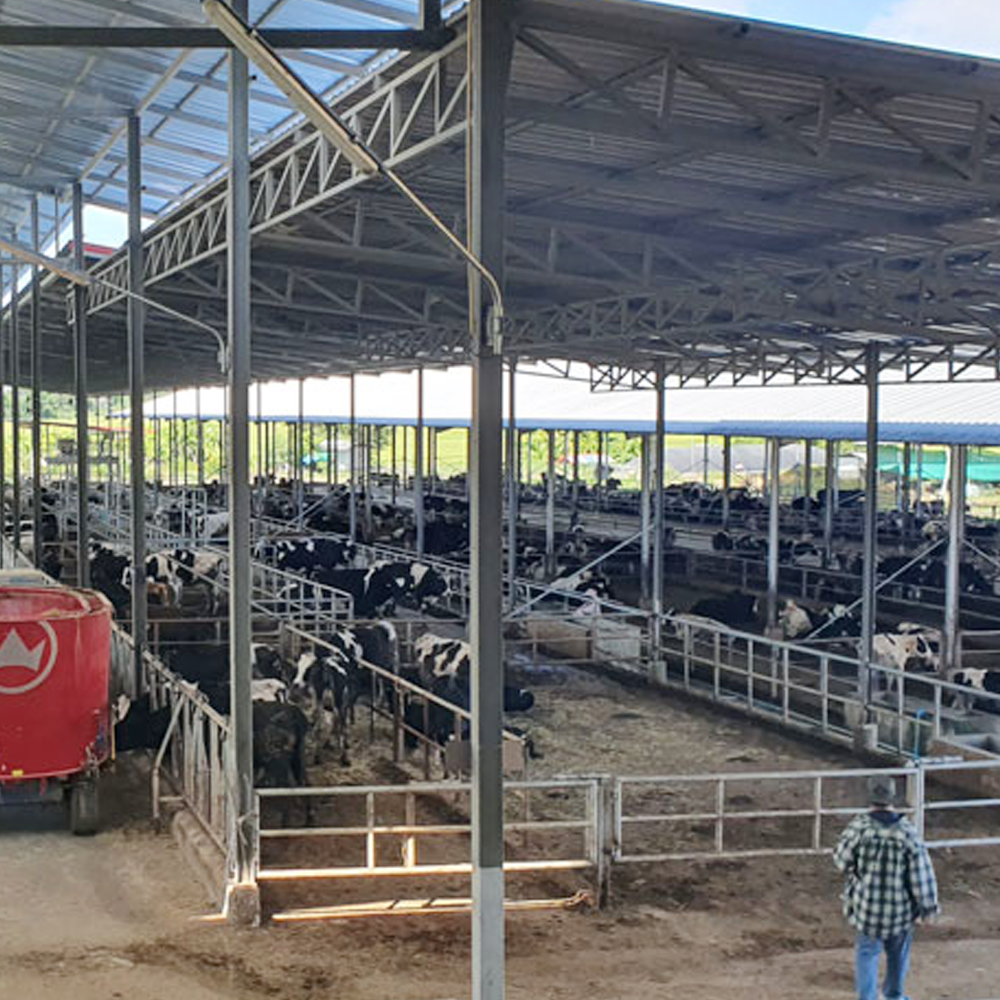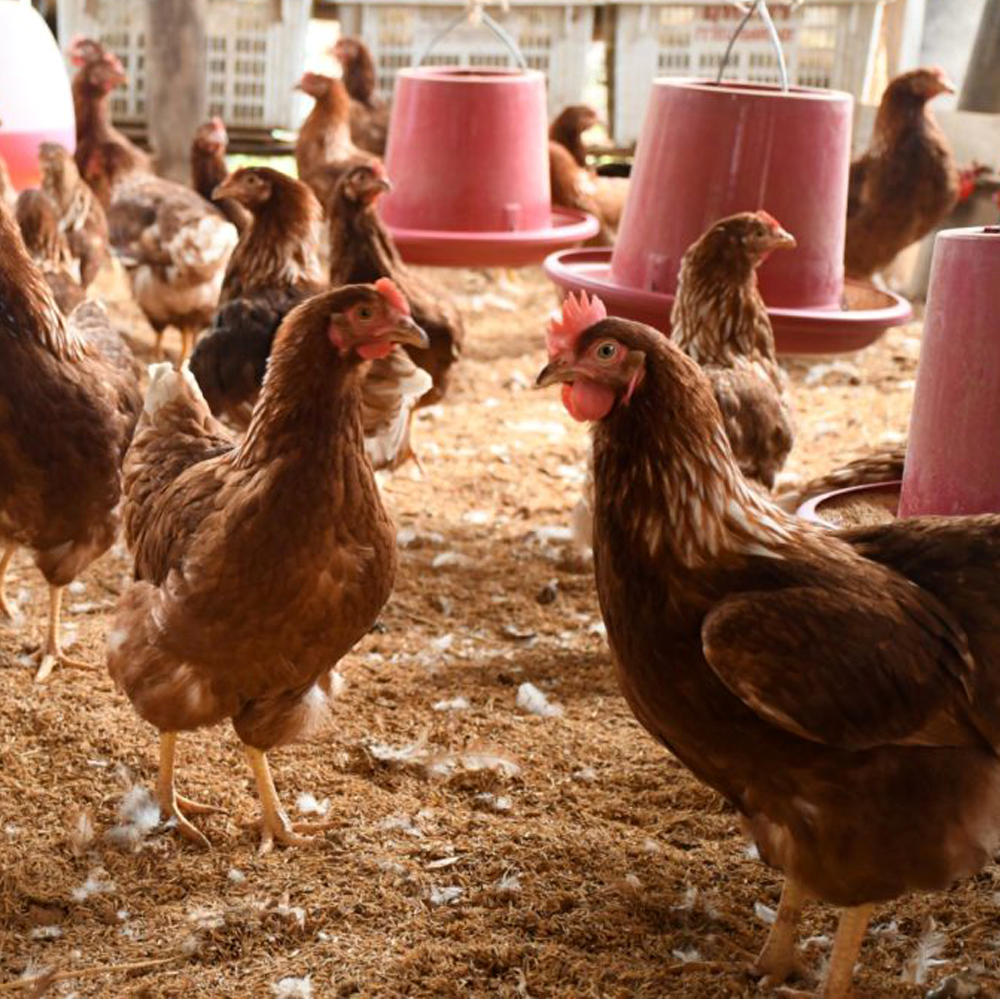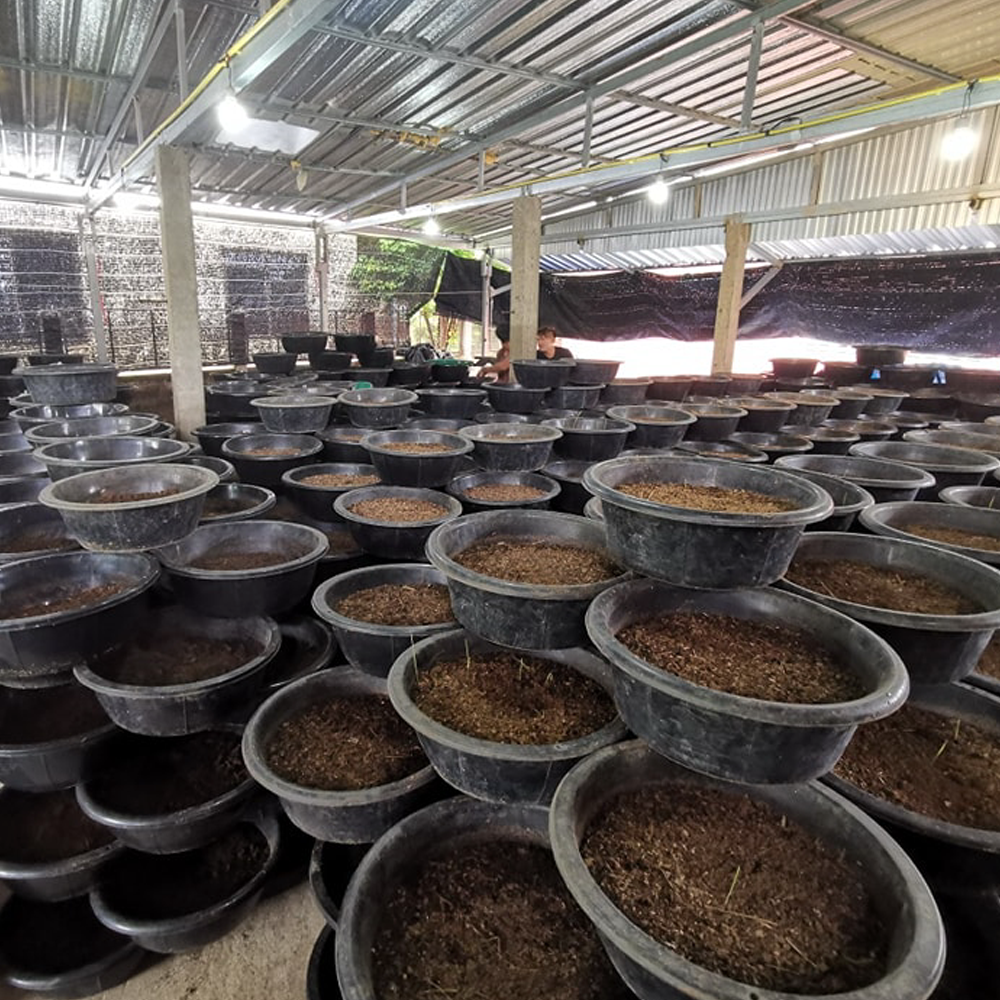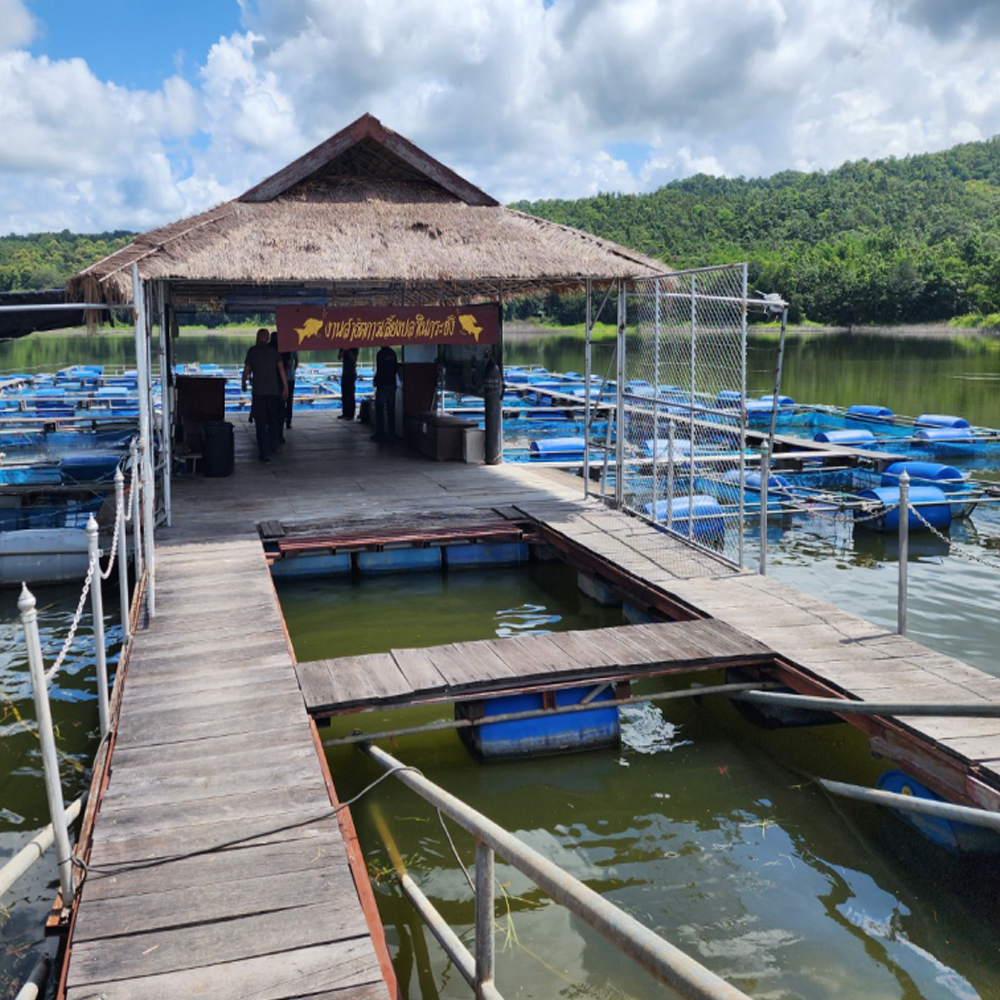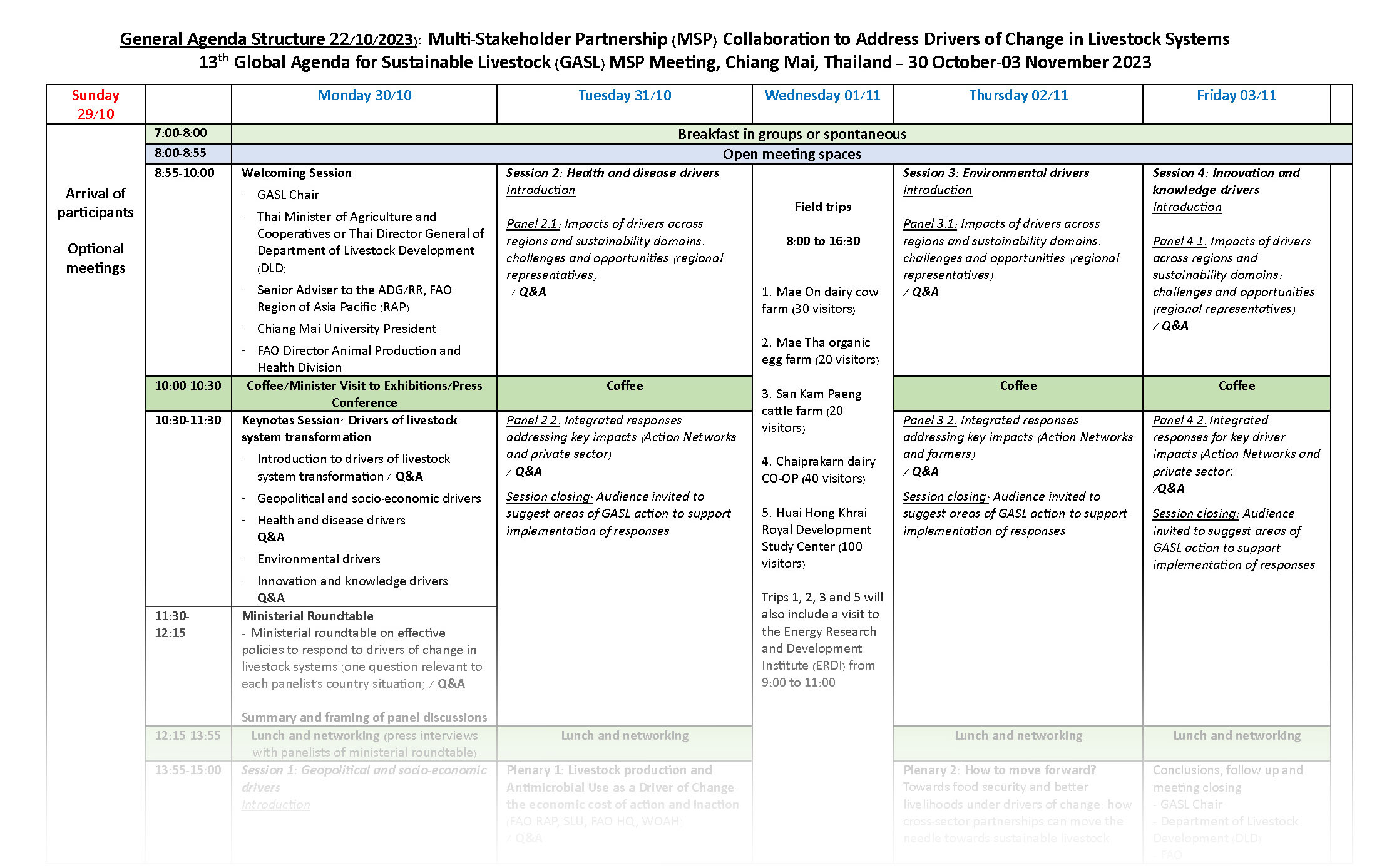General background
The 13th MSP meeting of the Global Agenda for Sustainable Livestock (GASL) will take place at Chiang Mai, Thailand from 30 October to 3 November. In addition to the objectives mentioned above, focusing on livestock systems around the world and specifically on South-East Asia systems, the meeting will offer also a general overview of GASL, its achievements and will briefly outline the present 2022 – 2024 Action Plan and its alignment with the GASL Theory of Change.
Technical background on drivers of change
Agrifood systems are shaped by fundamental factors, including agro-ecological potential, demand, technology, etc. Some of these drivers are long term, such as the relationship between income and animal source food consumption, leading to a gradual transformation, such as the decade-long shift to monogastrics and intensification of livestock systems. Other drivers, such as disease events, have short term consequences, some of them with the potential to disrupt existing supply and demand patterns.
In this context, livestock systems need to be viewed in their entirety and complexity stretching from primary resource use to consumption and waste, cutting across the GASL sustainability domains. Likewise, system resilience is understood as the ability to prepare for and adapt to changing conditions and withstand and recover rapidly from disruption (deliberate attacks, accidents or naturally occurring threats or incidents)..
During the last few years, the world’s agrifood systems have been affected by growing instability, caused by geo-political tensions, global health events, climate change and new technologies. These drivers are triggering a transformation of livestock systems.
Additionally, it is useful to distinguish between drivers of change that relate to political, social, economic and cultural aspects (demographics, livelihoods, income, inflation, trade, demand,…); drivers related to natural resource availability and constraints (land, water, biodiversity, emissions, droughts,...); and One health related drivers (nutrition, food safety, emerging human and animal diseases,..). It is also useful to include “technological innovation” as another driver as it cuts across the different drivers, responding to drivers and accelerating change. While livestock systems are shaped by different drivers, they themselves impact these and other spheres.
